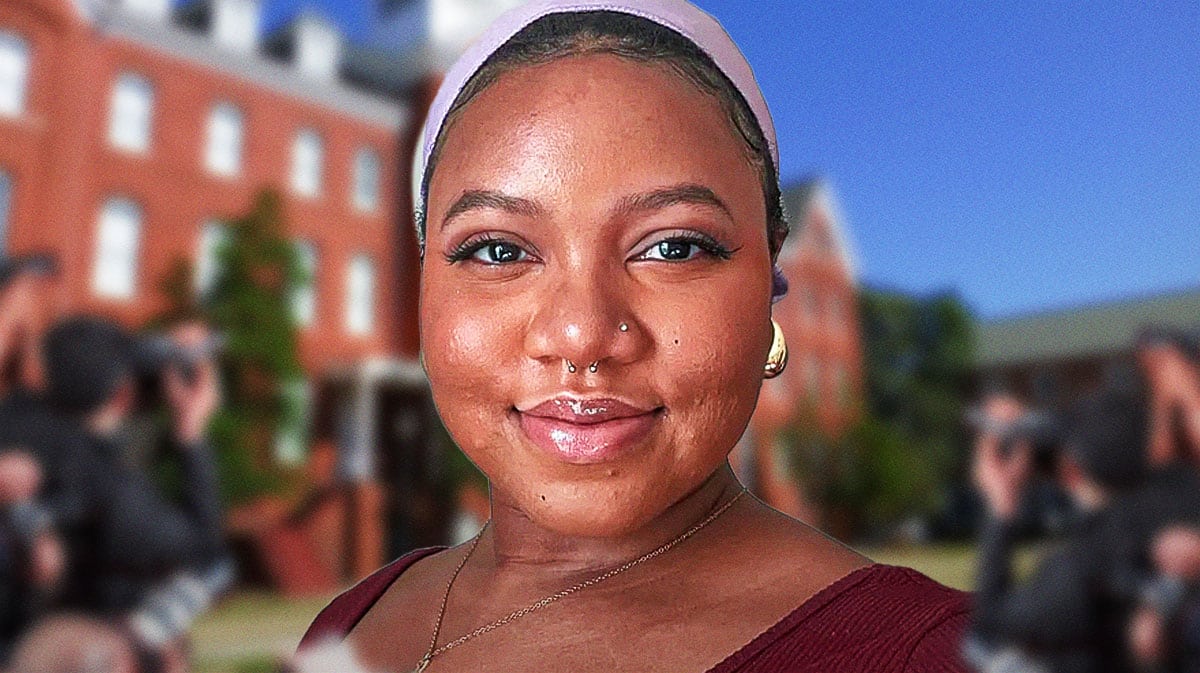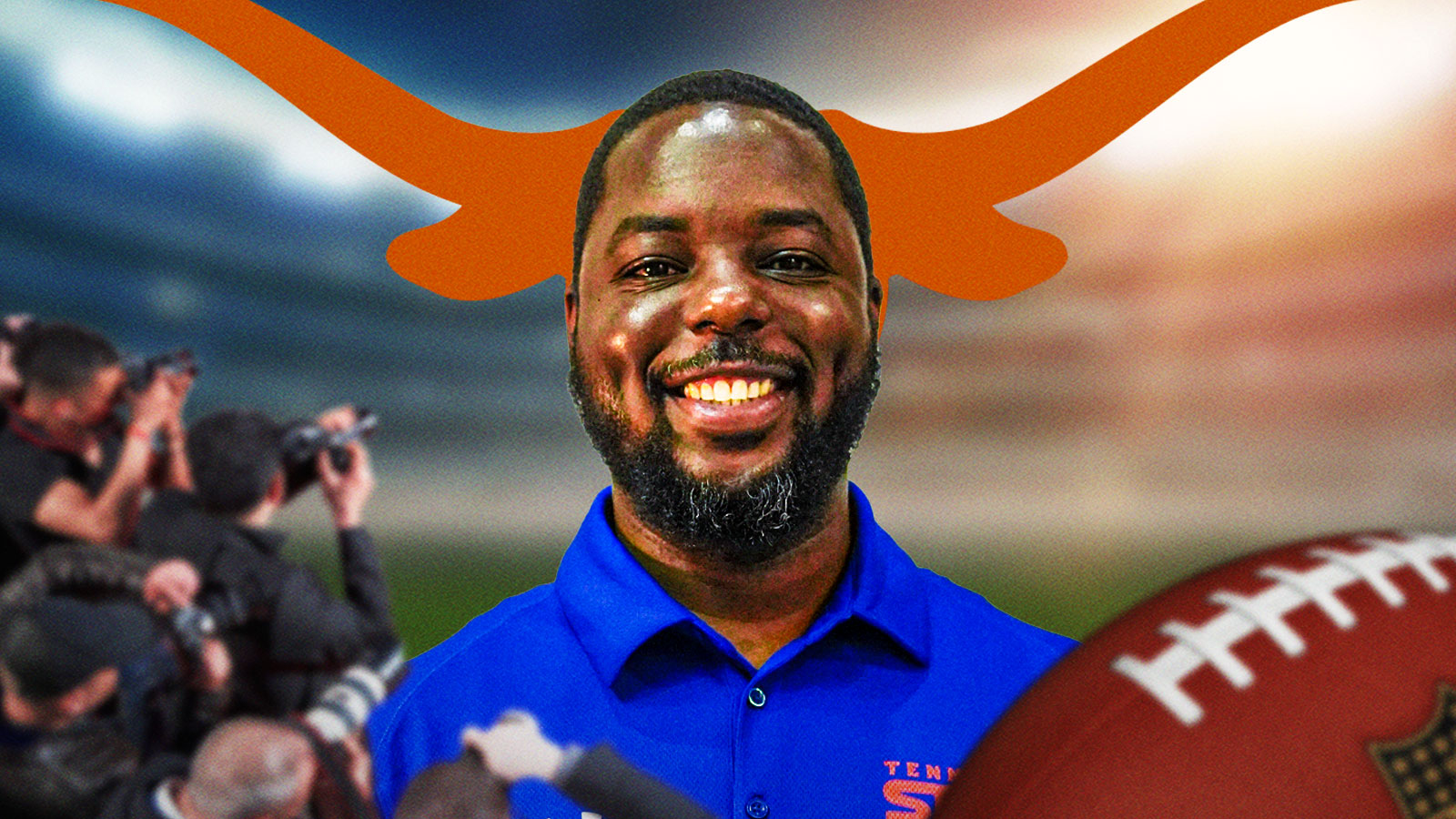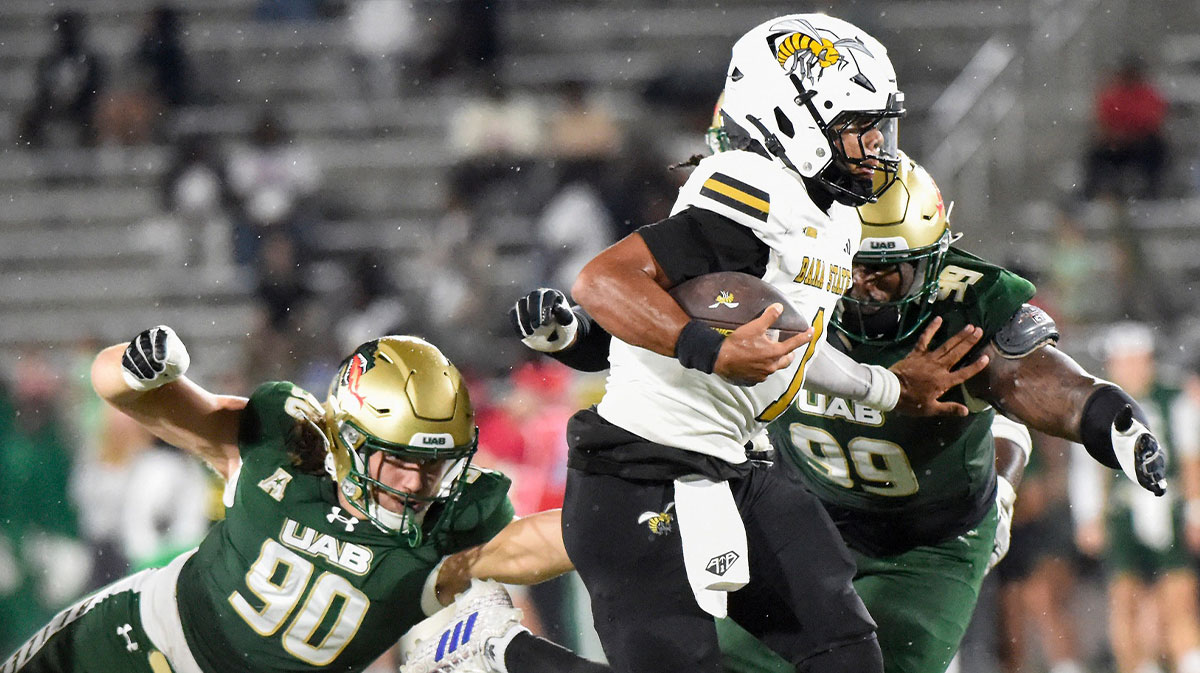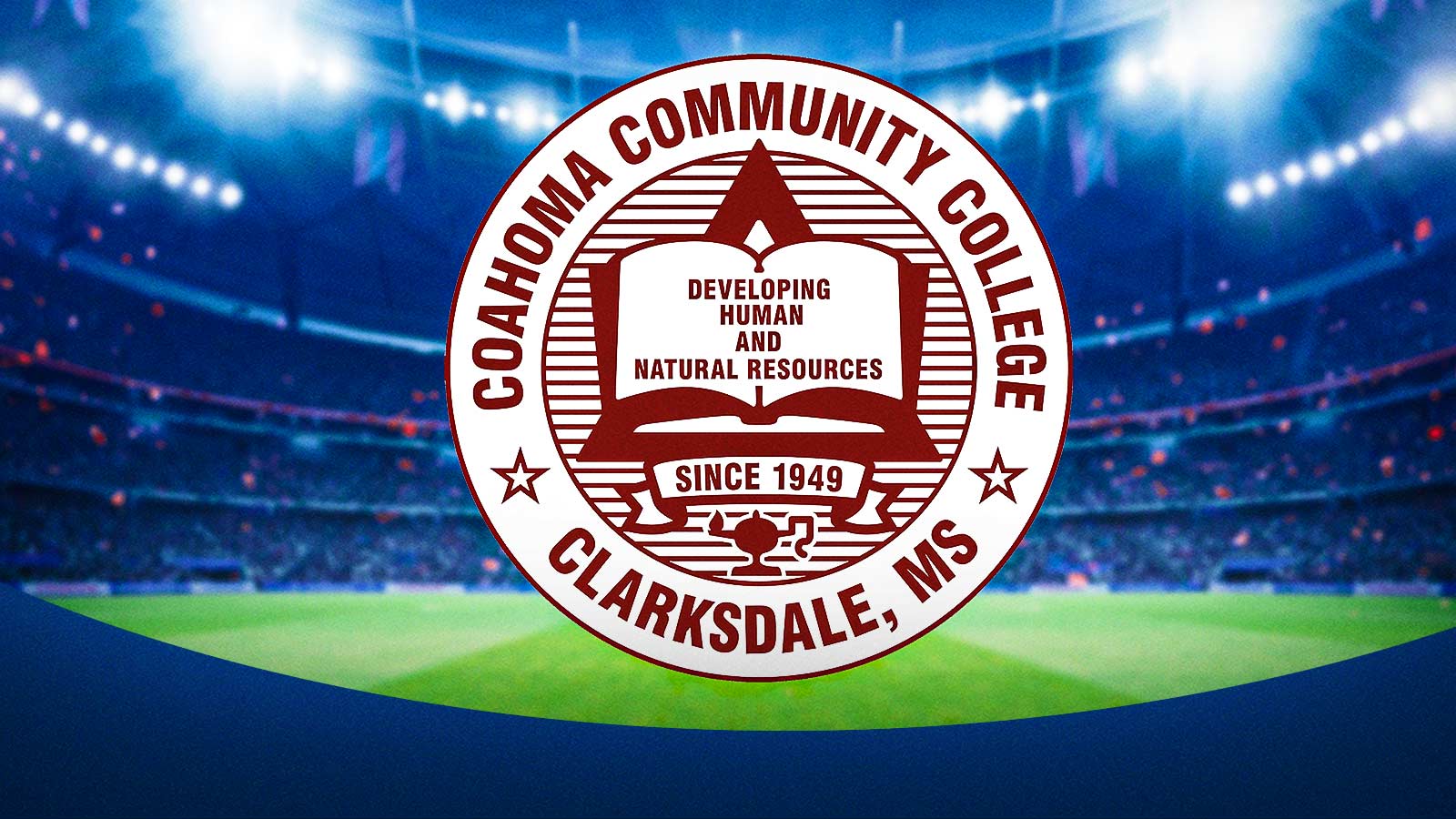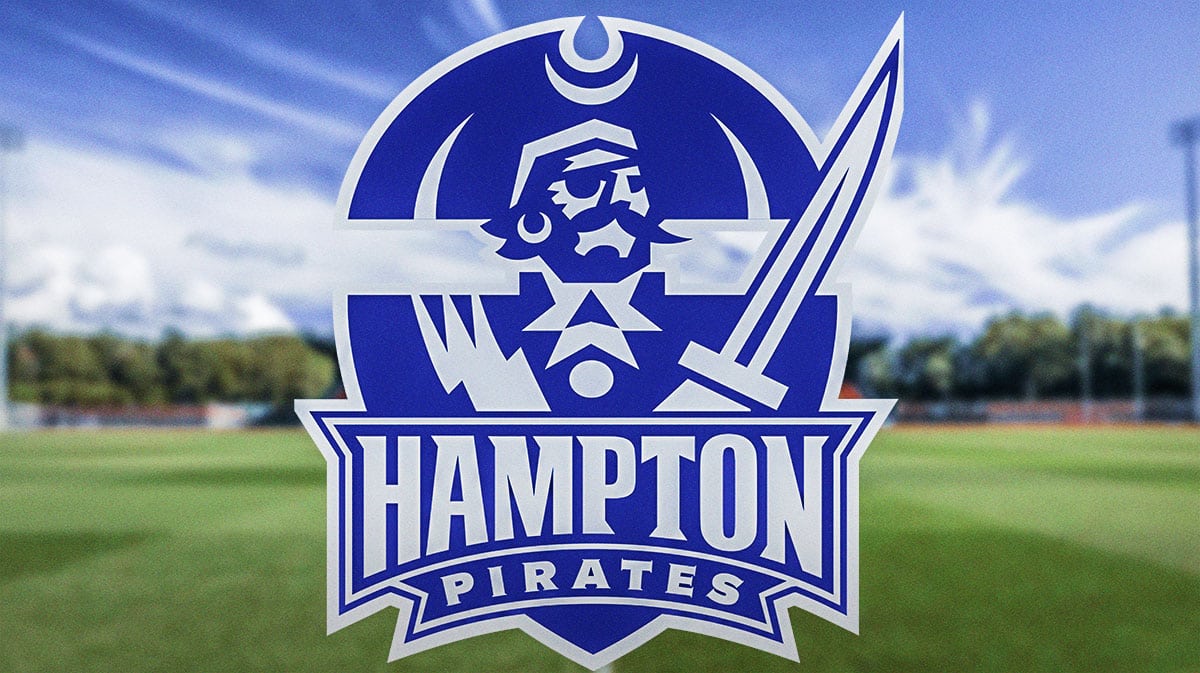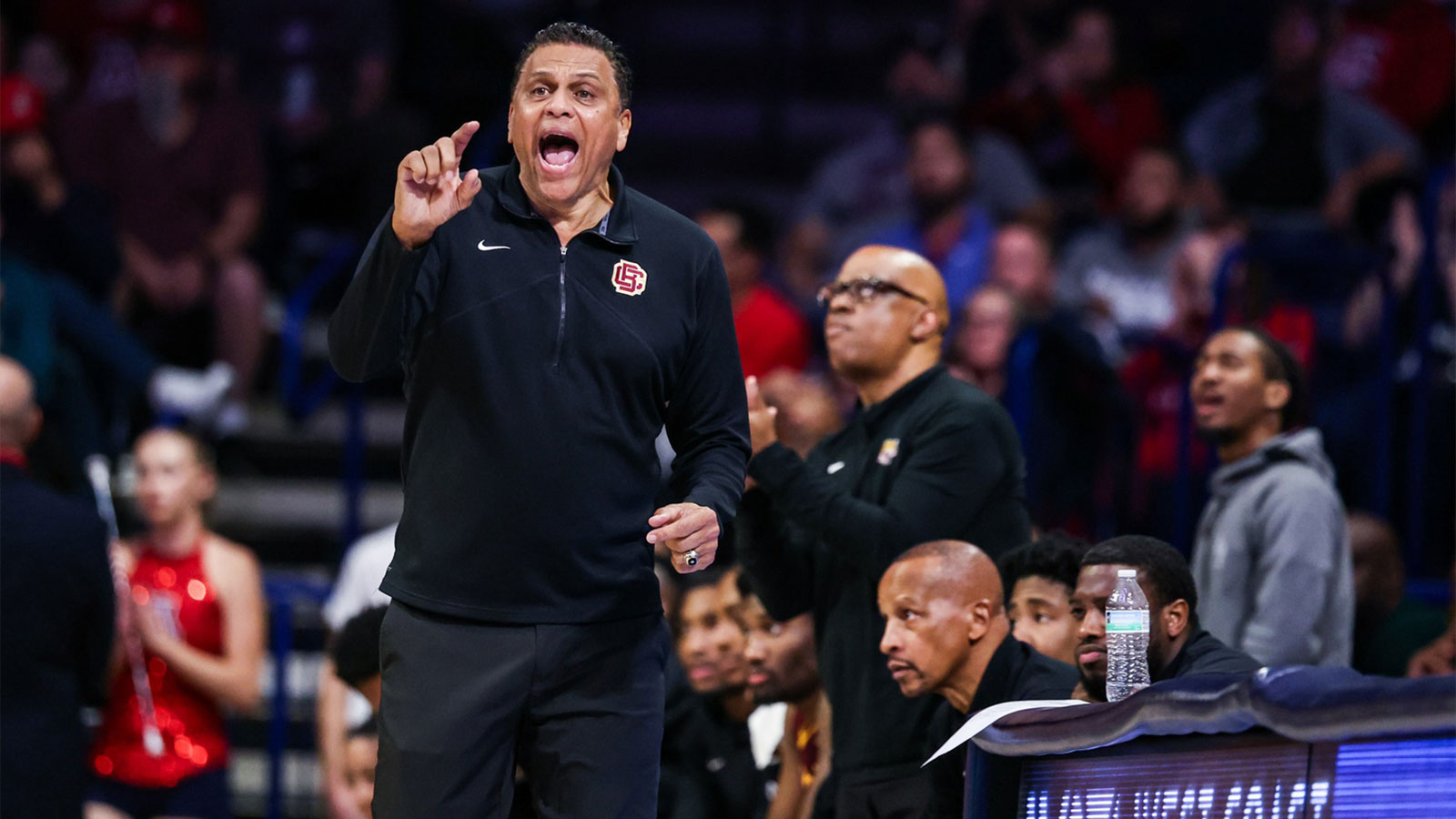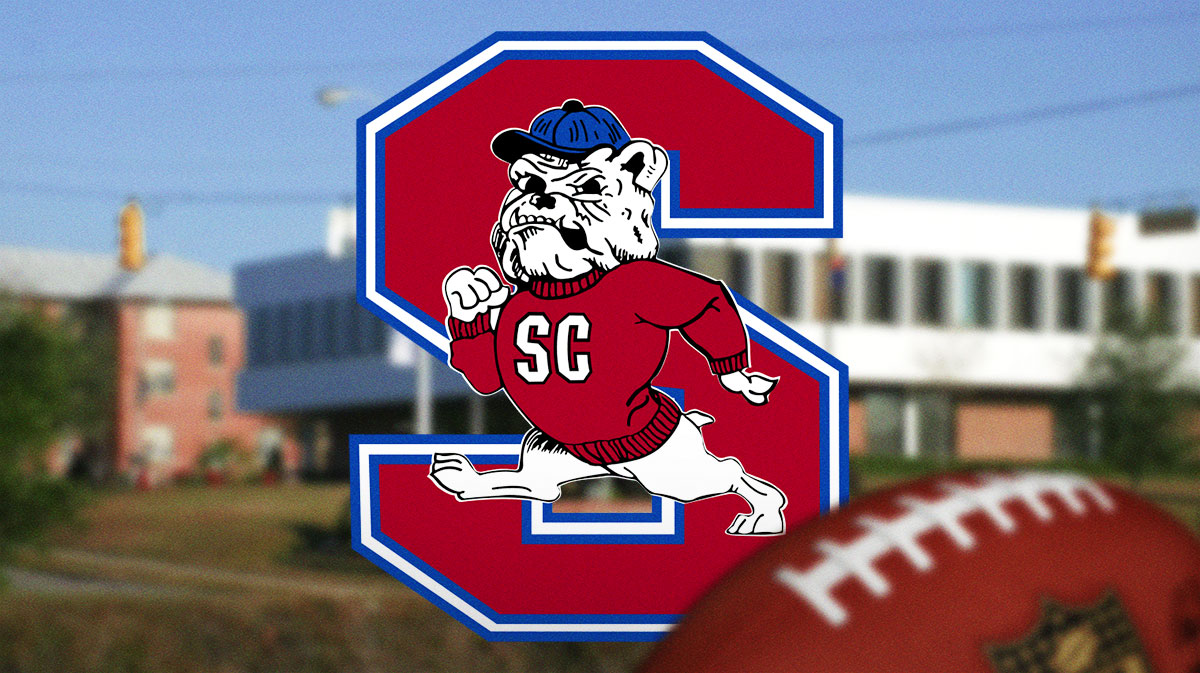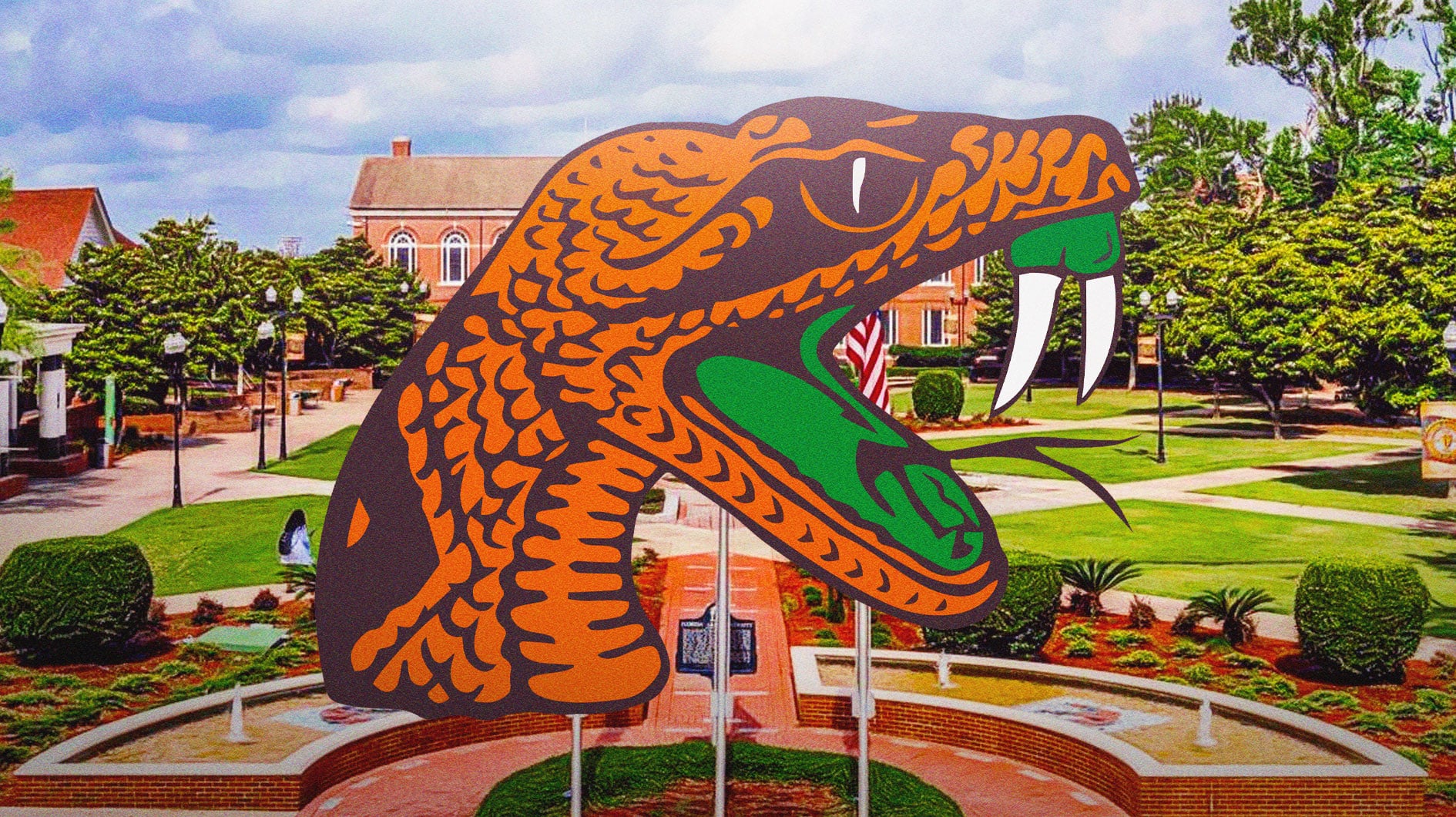Last Friday, Business Insider published a written piece by Spelman College '23 alumna Imani Herring detailing her journey after graduation. The article, entitled, “I’m a first-generation HBCU graduate. I’m now broke and lonelier than ever without my college friends for support” speaks about Herring's journey at Spelman and her unforgettable experiences and adjustments to life after college. Herring's piece was well written and the Spelman alumna showed courage in telling the story of her college transition.
“College was always a given for me, but I never could've fathomed that I'd not only be accepted to Spelman College in Atlanta but also come across some of the most awe-inspiring people I have ever met while there. Now that I'm a broke, jobless graduate, I feel lonelier than ever without my Spelman sisterhood by my side,” she said in the piece.
Business Insider reported on a study by Strada Education Foundation, revealing the challenges faced by college graduates in job hunting. The study found that 73% of graduates not securing college-level jobs in their first year remain underemployed a decade later. In contrast, 79% of those landing college-level jobs initially stay underemployed after 10 years.
The study also finds that graduates starting in college-level jobs and maintaining that level for five years have an 86% chance of avoiding underemployment later on. Those beginning their careers underemployed are 3.5 times more likely to stay underemployed a decade down the line.
The absence of promising job opportunities often triggers what Medical News Today refers to as “post-graduate depression” – characterized by depressive symptoms following the completion of college or university. While the term isn't clinically recognized, it resonates with many college graduates. I understand feeling sad and hopeless after college. As a Fall 2019 graduate of Fort Valley State University, I resonate with Herring's piece on post-college struggles.
Her words deeply connect with me as a twenty-something – mature enough to make decisions and take responsibility, yet still close enough to my college days to hold onto memories. Reflecting on my journey, I cherish the mistakes made, friendships gained, and those lost along the four-year path.
That's why Herring speaks to me and echoes my sentiments in her article. Every emotion she has experienced, I can relate to, and I found myself nodding in agreement as I delved into her piece on Business Insider.
She said on the brilliance of her Spelman College experience, “The best part about the all-girls school for big-brained Black girls was the feeling of never being alone. If my procrastination led to pulling an all-nighter for an exam worth 20% of my grade at 11 a.m. on a Wednesday, I could find solace in knowing that two of my classmates also did the same thing. When we'd flunk the exam regardless of how hard we group-prayed that we'd all at least pass, we could lick our wounds in the jam-packed cafeteria over a plate of soul food and the thump of the Isley Brothers. Little moments like those at Spelman provided a spiritual respite that's hard to replicate anywhere else.”
What she said is true. It's often told to college students that undergrad is a unique time when you're surrounded by peers who share your age, appearance, interests, and challenges. Realizing you're not alone in your struggles during college is cathartic. Despite the potential for loneliness, finding comfort in the familiar faces you encounter on campus can be uplifting. Creating memories with fellow students can leave a lasting impact long after graduation day.
Once you complete your matriculation, that chapter closes. Each member of your graduating class embarks on their individual path, geared up to tackle life in their unique way. Perhaps they achieve their ambitious dreams by landing their dream job or positioning themselves for career success. They might also embark on starting a family, creating a lasting legacy. Yet, you ponder on what's next for you. The future is often uncertain; the lack of structure ahead can be frightening.
Social media doesn't make the ability to properly identify what's your next step any easier. Herring talks about one element of it in her piece, speaking about not being with your college friends physically but trying to keep up with their growth through the story they tell via their social media outlets.
“I cheer my college friends on from behind my phone screen and wish I were there with them, sharing in their celebrations like before,” she said in the piece. “Most of the time, a comment on their Instagram story is the full extent of what I can do. Our obligations keep us busy and separated, so when I finish applying to my 10th job of the week, I send a text or a DM and hope my peers are having better luck than me.”
Among the various sections of Herring's article that resonated with me, this one stood out as particularly profound. Herring's words, “I send a text or a DM and hope my peers are having better luck than me,” shed light on the impact of social media comparison.
In that same line of thought, I frequently question myself, “Am I where I aim to be?” I ponder, “Why can't I create the family and life like my peers? What missteps have I taken? What mistakes am I making?”
Navigating post-graduation life can be tough. In college, you're surrounded by a supportive community, all on the same journey. But after graduation, comparing journeys can create a distorted view. Are others thriving while you struggle, or are we all facing challenges? The latter is often true, reflecting life's complexity. How can I improve? How do I combat the loneliness that sometimes surfaces?
This is why Imani Herring's perspective is so refreshing, something that both young graduates and students near graduation should read. The piece of her immediate post-HBCU journey touches on so much more than I highlighted but it's another sign that you are not alone in your journey.
And, ultimately, for Imani Herring and all of us on the alumni side of the college experience, it will get better.

